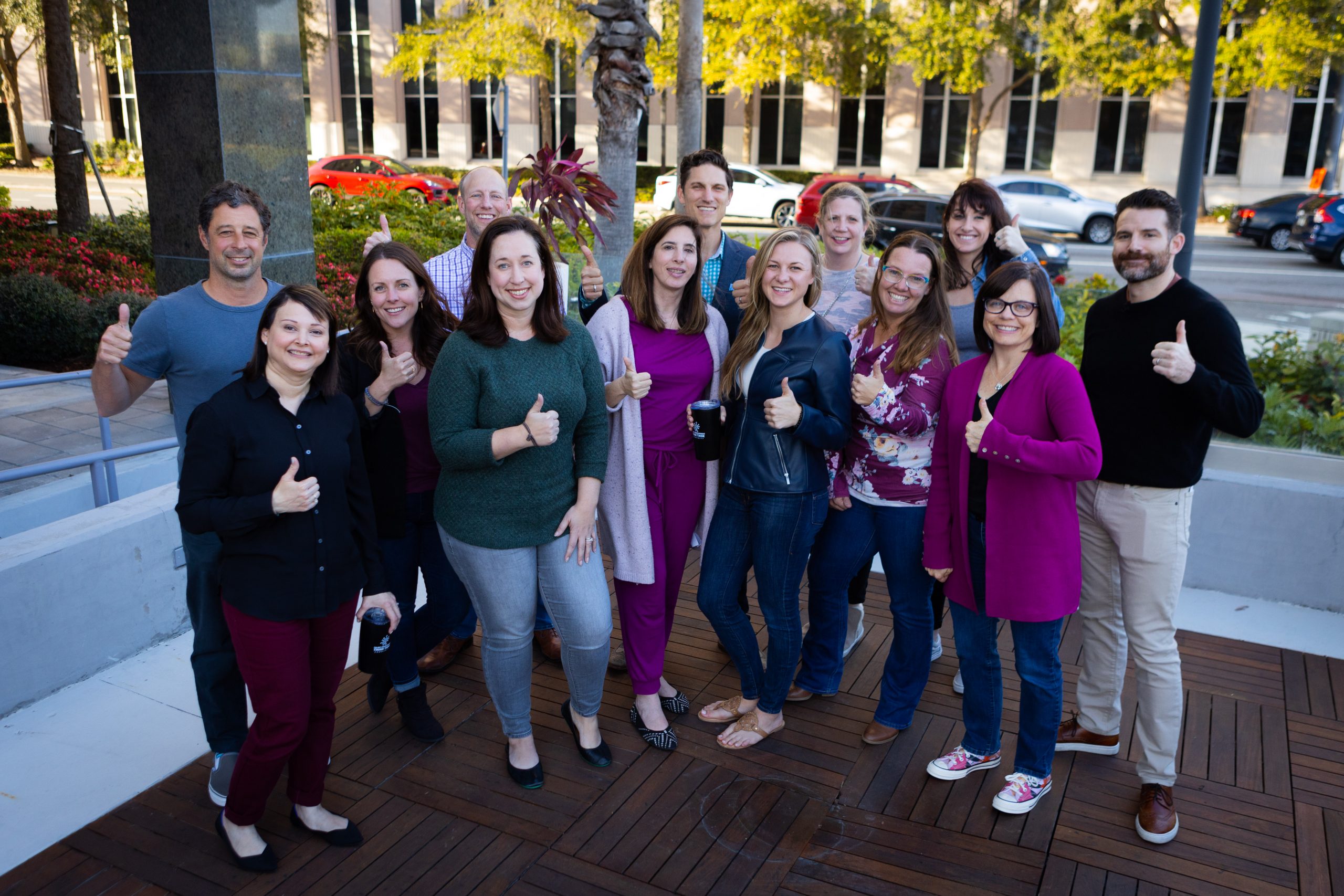Are you feeling overwhelmed by the breakneck pace of your work and personal life? This week on Talent Development Hot Seat, we dive deep with keynote speaker and leadership coach Kent Murawski to uncover effective strategies for avoiding burnout and achieving an integrated life.
Understand the Signs of Burnout
Burnout can creep up unnoticed, marked by emotional exhaustion, cynicism, and a sensation of reduced efficacy. Start by acknowledging the early warning signs such as persistent fatigue, irritation, frequent illnesses, or disengagement from work and relationships.
Prioritize Physical and Mental Health
Kent Murawski highlights the unparalleled importance of physical and mental wellness. Integrate regular physical activity into your routine, be it a brisk walk or an hour at the gym. Likewise, mental exercises like mindfulness or meditation can enhance focus and reduce stress levels.
Define Work-Life Integrity
Unlike the traditional concept of work-life balance, which tries to equalize the scales, work-life integrity promotes a seamless blend of personal and professional life based on your values and needs. Define what integrity means for you in terms of work, relationships, self-care, and leisure. This personal blueprint will guide your daily priorities and decision-making.
Invest in Relationships
Murawski emphasizes building and maintaining healthy relationships as part of work-life integrity. Strengthen bonds with family, friends, and colleagues by allocating regular time for them. Evaluate these relationships periodically and work on areas that need improvement.
Set Boundaries
In today’s always-on culture, it’s crucial to set boundaries between work and personal life. Be clear about when and how you will be available for work. Use tools like auto-replies or dedicated work devices to reinforce these boundaries.
Embrace Spiritual Practices
As discussed by Kent, integrating spiritual practices such as meditation, prayer, or yoga into your routine can play a significant role in maintaining overall wellbeing. These practices can help anchor your identity and purpose, contributing to a deeper sense of peace and rest.
Learn to Say 'No'
One of the critical aspects of avoiding burnout is not overloading yourself with commitments. Learn to discern which tasks align with your goals and have the courage to turn down the rest. This not only prevents overcommitment but also allows more space for activities that are truly meaningful or rejuvenating.
Regular Self-Assessment
Periodically assess your state of work-life integrity using the frameworks discussed in the podcast, focusing on emotional, physical, relational, and financial wellness. Adjust your strategies as needed to maintain a healthy equilibrium.
Seek Professional Help When Necessary
If you're struggling significantly with symptoms of burnout despite trying various strategies, consider seeking help from a professional. This could be a mental health counselor, a life coach, or a mentor. Sometimes, professional guidance is necessary to get us back on track.
Embrace Continuous Learning
As Kent suggests, being a lifelong learner keeps your mind engaged and sharp. It enriches your life, provides a sense of accomplishment, and can offer new ways of handling work and stress.
Whether it’s professional development or personal hobbies, continual learning is a valuable part of maintaining balance. By implementing these strategies, you can craft a more fulfilling and balanced life, safeguarding against the draining effects of burnout. Remember, the goal isn't to create perfect equilibrium but to cultivate a life where the pieces work together in harmony, based on your own unique circumstances and values.


